Updated on April 10, 2022
All Is Lost: Search Engine Optimization Is a Sign of the End Times

I have looked into the jaws of the future and beheld only fear, guilt, and anger. From fortified homes and fiber internet connections, forces will sally forth to wage their culture wars. We will click ourselves into oblivion one rage-inducing link at a time, and we will love doing it. So the most important question to ask yourself is this: how do I make a buck off it?
Let’s back up a step. I started this blog to work on my critical thinking skills and to have something of an established platform for my theorized writing career later in life. There is no real push towards monetizing it or gaining legions of followers, but such things dazzle even closed eyes. Combine that with how oddly forceful WordPress is on search engine optimization (SEO) suggestions, and you have me scratching my head trying to figure out how to best play the modern Internet’s game.
At first, these recommendations seemed insulting. My sentences run on too long? How dare you judge me, anonymous algorithm? I wouldn’t be surprised if your coder hasn’t willingly read a book since the one about a hat-wearing cat justifying home invasion. Since my readership consists primarily of me, I can say with certainty that the sentence structure meets audience desires to the letter.
Insult turned to curiosity, however, and then amusement. Allow me to share one with you (anything you see in quotations is direct from WordPress and plugins on the site designed to improve a website’s draw): “3 of the paragraphs contain more than the recommended maximum of 150 words. Shorten your paragraphs!” Notice the demand there, implicit in the short sentence capped with the strongest punctuation available to the English language. WordPress does not ask for some fine-tuning—WordPress requires my submission. All hail our website hosting platform! Granted, can a paragraph go on too long? Absolutely. Not everyone can pull off a Dickens and write like if he stops the sentence, the universe ends. And yes, readers are like runners—it takes a special sort of masochist to endure a marathon and smile at the end. All that said, I like to think that the average reader can maintain their attention long enough to read more than 150 words without taking a breather. (This paragraph comes in at 163 words—fight the power)
My amusement did not last. “No internal links appear in this page, make sure to add some!” Yes, let me stroke my ego by littering my post with links to other posts I’ve made. But this goes beyond a creator’s craving for approval and into machinations on a reader’s attention. If I link them to other content on my site, it guarantees their eyes stay glued here instead of elsewhere. That means more of that sweet, sweet ad revenue flowing into my coffers instead of the competition. Wait, when did they become competition? Who is “they” anyways? Ah, yes—they are the people trying to steal the finite amount of reader attention I so obviously deserve. Keep them on your hamster wheel of content, WordPress commands. Let it spin forever.
Ok, but is it all that bad? A little healthy competition never hurt anyone, right? WordPress scoffs at your naivety and goes for the jugular: “Negative headlines are attention-grabbing and tend to perform better than neutral ones.” Ouch. Hard to misconstrue that one. Notice the lack of mentioning positive headlines at all? Or how the implications of feeding into national and international conversations that have devolved into screaming matches boil down to performance metrics? It’s like WordPress is Alec Baldwin’s character from the movie Glengarry Glen Ross, except now A-B-C stands for Always Be Clicking. If that means you have to add to the anxieties, frustrations, fears, angers, and whatever other negative emotions you can rile up in random people across the globe to do it, so be it.
On a certain scale, that argument bears weight. Human nature is what it is—we are wired to respond to negative stimuli to avoid potentially dangerous situations. Why not take advantage of that? Bring on the doom, so long as the clicks come with it. If I don’t, someone else will. Who’s to say their content will be any better than mine? What if my negative headline draws someone in that otherwise would have perused a conspiracy rant? Heck, in that light it’s my moral duty to write as negative as possible! I am defending freedom!
Except none of that is worth the cost. Feeding into the negativity spiral of public discourse encourages embracing our base nature. Why would I ever want to strive for that? Actually, a base nature suggests no striving whatsoever. By its definition, striving for something implies work, something that I find quite unpleasant. It’s sweaty, difficult, and prone to lasting far longer than anticipated. But ahh, it’s payoff…imagine a world where you could leave every conversation you had, every article you read, every thought you pondered with a positive feeling? If after every interaction you carried a desire to work with others to make the world a better place instead of identifying who to label as an enemy of whatever cause you picked up in the last five minutes? We can be better, and it starts with not bowing to destructive subversions of the human psyche to gain attention.
Conclusion: this website is not going to do well.


